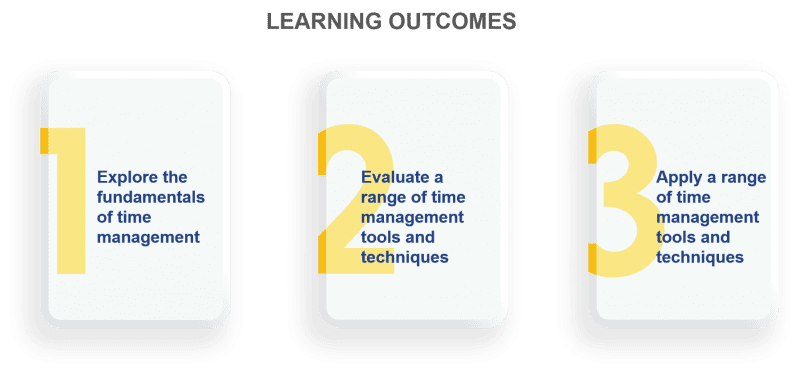This course provides you with a range of essential tool and techniques that you can use in your daily working life. Using the tools and techniques will enable you to work more efficiently, more effectively, reduce stress and get the most out of your working day. All of the material in this course is tried and tested; it works! Many of the tools and techniques are theoretical, yet take practice to become part of your routine working knowledge. Each tool and technique is stand-alone, yet to gain the most benefit you should aim to use all of them and incorporate them into your working day. Some will take a little practice and perseverance before they become part of your daily routine. You should start using just one or two of them initially and then start to use a new tool/technique each week. Trying to implement all of them at once might be a little overwhelming. The important thing is to use them! Knowing about them will not make you more efficient and effective, only using them will.
Two important points to note:
-
Throughout the course the term ‘task’ refers to any job or piece of work that you need to do,
-
The definition of time management used is a simple one, “The ability to use your time effectively and productively at work”. Many of these tool and techniques can be used and applied outside of work, but they are primarily focused on helping you to use your time effectively and productively at work.

This course will take you approximately 7 hours to complete. A learner who explores the material in more depth will take approximately 8 hours and a learner who skims the course content will take 3 hours.




